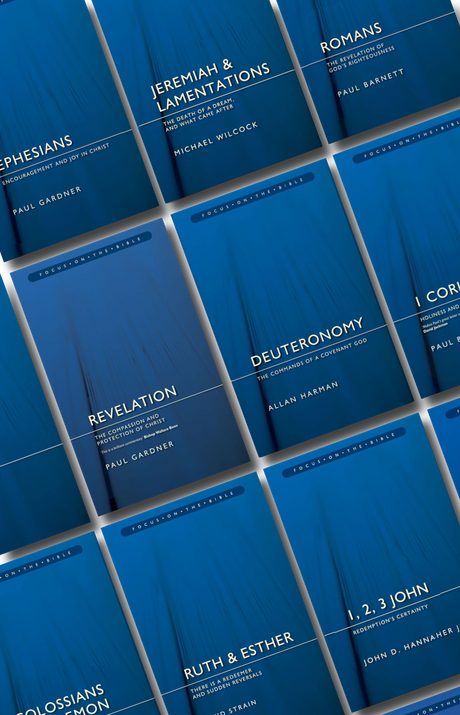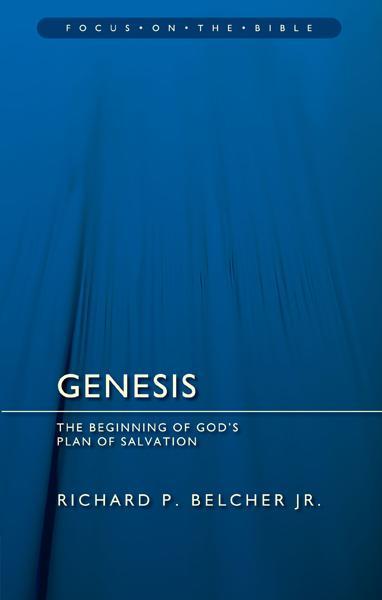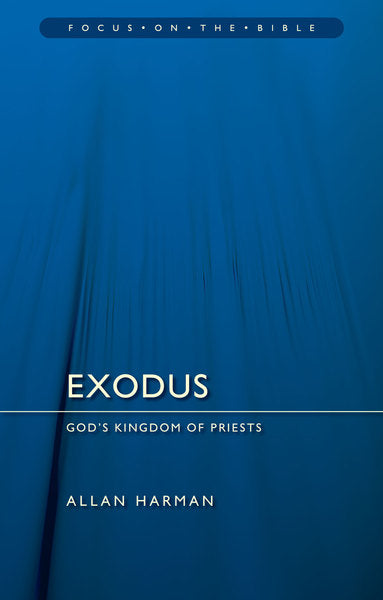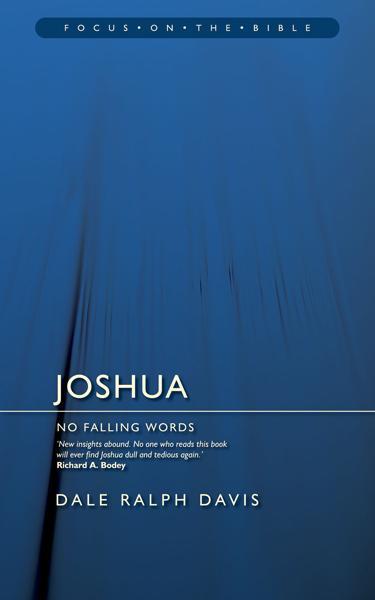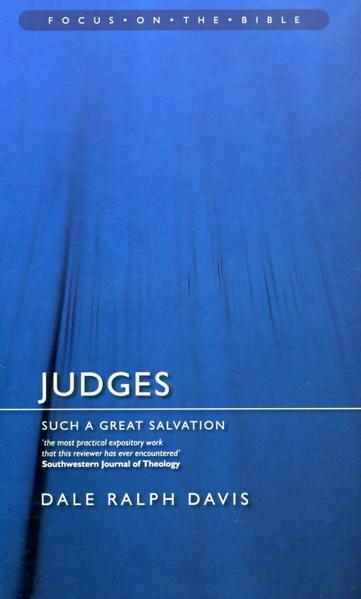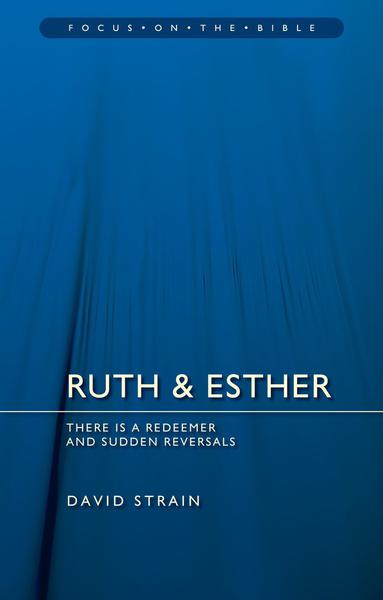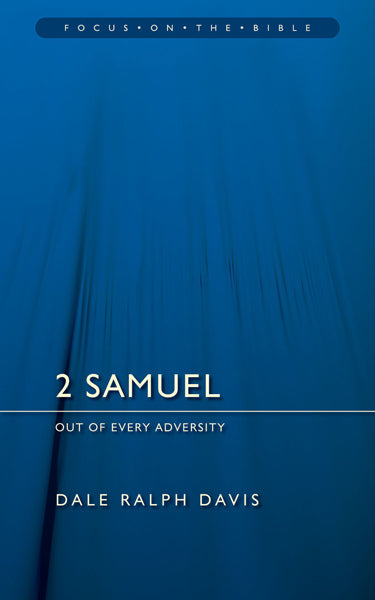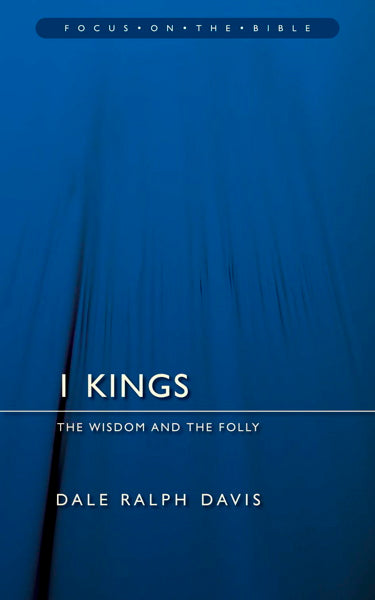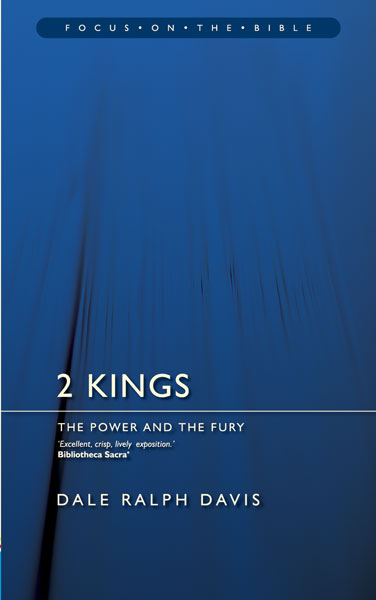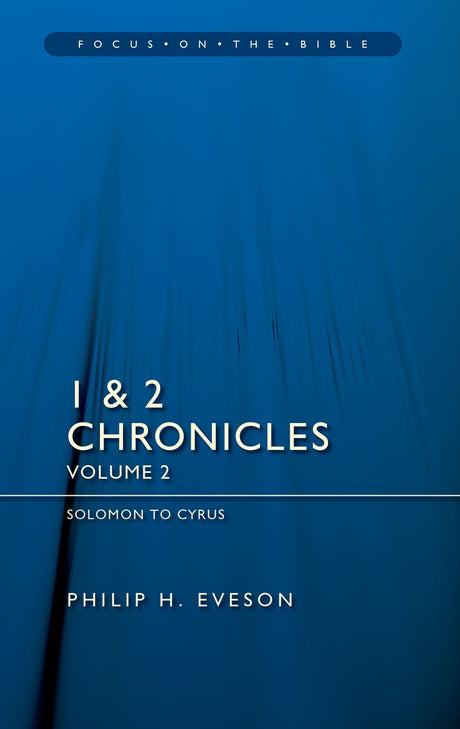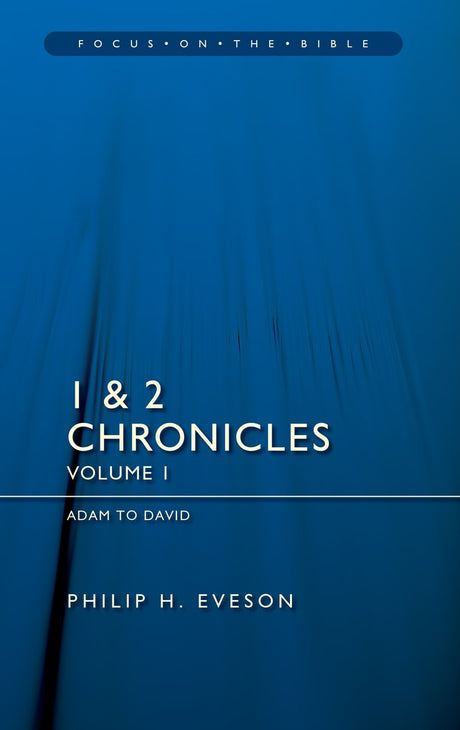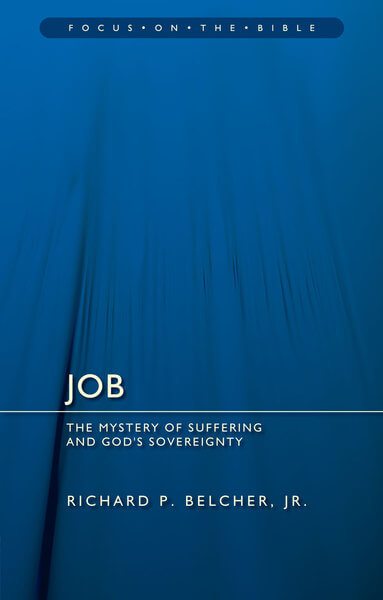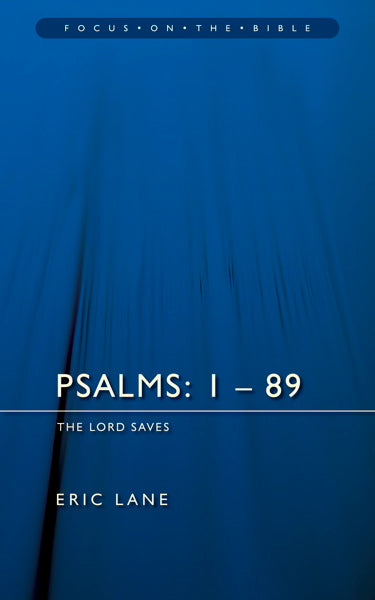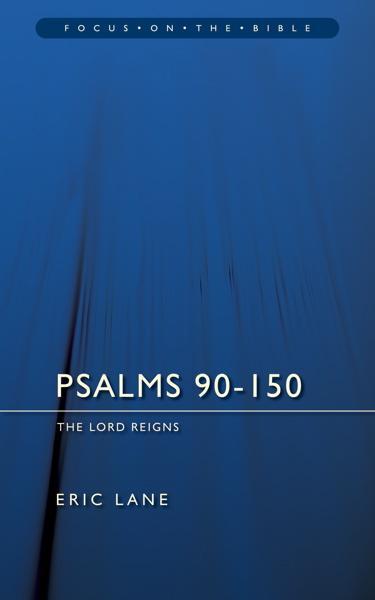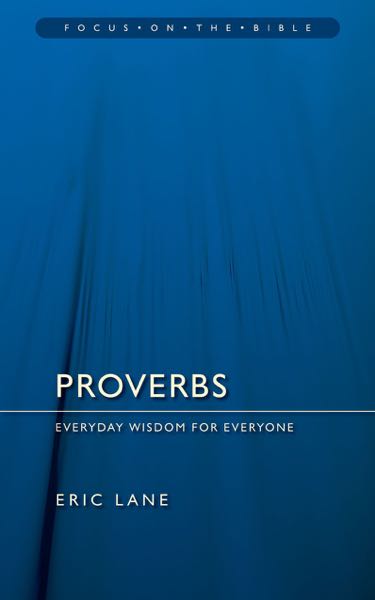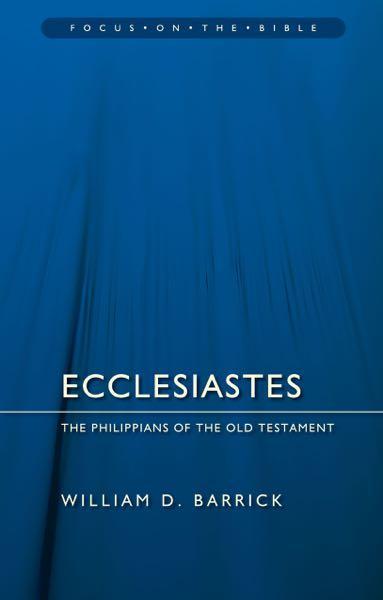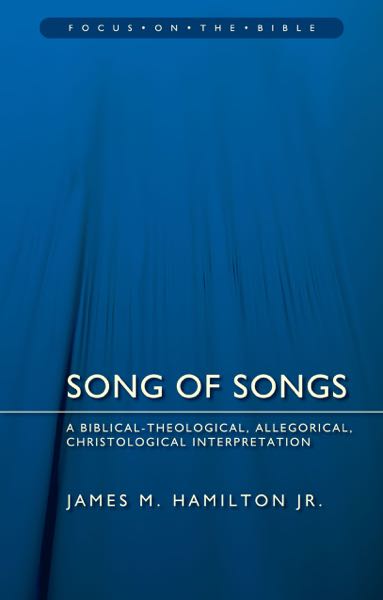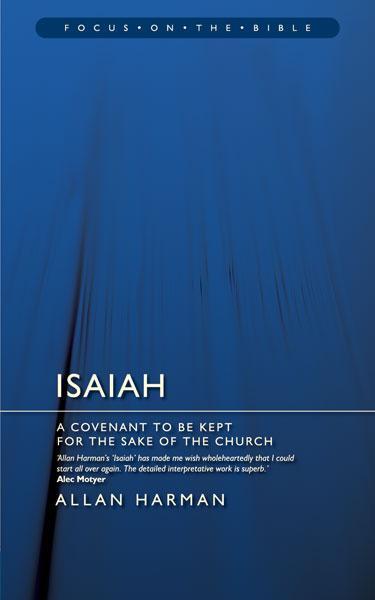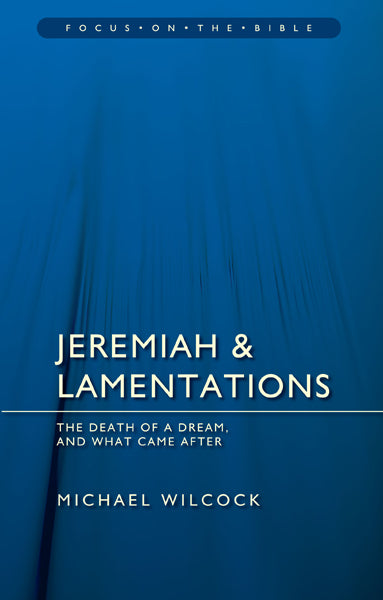Genesis: The Beginning of God's Plan of Salvation (Focus on the Bible)
Richard P. Belcher, Jr.
From $17.45$19.99Unit price /UnavailableVery low stock (4 units)Exodus: God's Kingdom of Priests (Focus on the Bible)
Harman, Allan
$15.70$17.99Unit price /UnavailableBackorderedDeuteronomy: The Commands of a Covenant God (Focus on the Bible)
Harman, Allan M
From $13.95$15.99Unit price /UnavailableVery low stock (1 unit)Joshua: No Falling Words (Focus on the Bible)
Davis, Dale Ralph
From $15.70$17.99Unit price /UnavailableVery low stock (3 units)Judges: Such a Great Salvation (Focus on the Bible)
Davis, Dale Ralph
From $15.70$17.99Unit price /UnavailableVery low stock (5 units)Ruth & Esther: There Is a Redeemer and Sudden Reversals (Revised) (Focus on the Bible)
Strain, David
$15.70$17.99Unit price /UnavailableBackordered1 Samuel: Looking at the Heart (Focus on the Bible)
Davis, Dale Ralph
From $15.70$17.99Unit price /Unavailable2 Samuel: Out of Every Adversity (Focus on the Bible)
Davis, Dale Ralph
From $15.70$17.99Unit price /UnavailableBackordered1 Kings: The Wisdom and the Folly (Focus on the Bible)
Davis, Dale Ralph
From $15.70$17.99Unit price /UnavailableLow stock (6 units)2 Kings: The Power and the Fury (Focus on the Bible)
Davis, Dale Ralph
From $15.70$17.99Unit price /UnavailableVery low stock (1 unit)1 & 2 Chronicles Vol 2: Solomon to Cyrus (Focus on the Bible)
Eveson, Philip H
$20.06$22.99Unit price /UnavailableLow stock (6 units)1 & 2 Chronicles Vol 1: Adam to David (Focus on the Bible)
Eveson, Philip H
$20.06$22.99Unit price /UnavailableLow stock (8 units)Job: The Mystery of Suffering and God's Sovereignty (Focus on the Bible)
Belcher, Richard P.
From $15.70$17.99Unit price /UnavailableBackorderedPsalms 1-89: The Lord Saves (Focus on the Bible)
Lane, Eric
From $15.70$17.99Unit price /UnavailableVery low stock (5 units)Psalms 90-150: The Lord Reigns (Focus on the Bible)
Lane, Eric
From $13.95$15.99Unit price /UnavailableIn stockProverbs: Everyday Wisdom for Everyone (Focus on the Bible)
Lane, Eric
From $13.08$14.99Unit price /UnavailableVery low stock (5 units)Ecclesiastes: The Philippians of the Old Testament (Focus on the Bible)
Barrick, William D.
From $13.95$15.99Unit price /UnavailableVery low stock (4 units)Hamilton, James M.
From $13.08$14.99Unit price /UnavailableVery low stock (5 units)Isaiah: A Covenant to be Kept for the Sake of the Church (Focus on the Bible)
Harman, Allan
From $26.17$29.99Unit price /UnavailableLow stock (6 units)Jeremiah & Lamentations: The Death of a Dream, and What Came After (Focus on the Bible)
Wilcock, Michael
From $13.95$15.99Unit price /UnavailableVery low stock (3 units)Daniel: A Tale of Two Cities (Focus on the Bible)
Fyall, Bob
From $11.34$12.99Unit price /UnavailableIn stock
